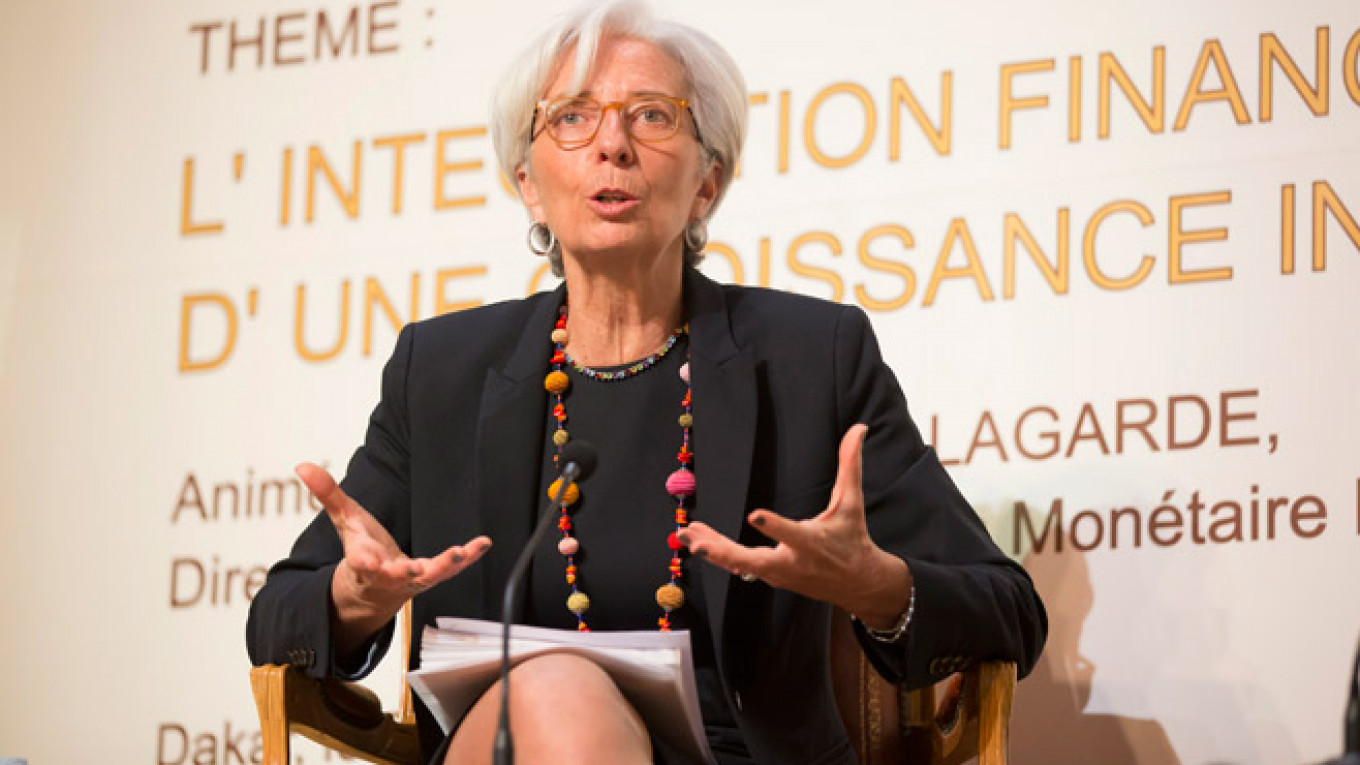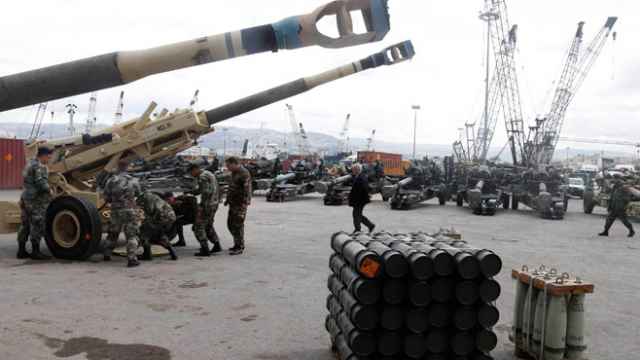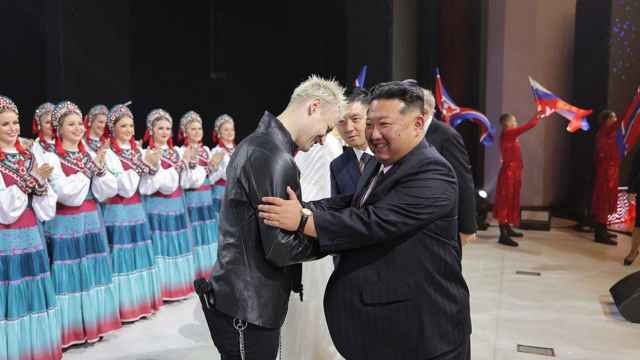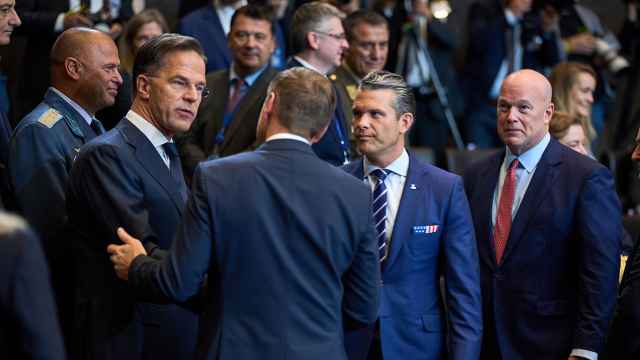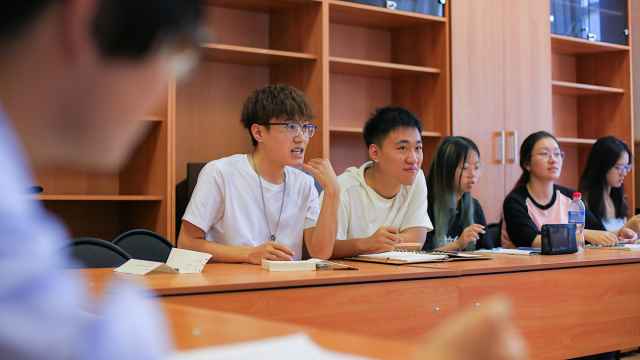WASHINGTON — The Group of Seven leading industrial nations and the International Monetary Fund are weighing up a much larger aid package for Ukraine, acknowledging that it is teetering on the edge of bankruptcy, sources familiar with the talks say.
One source told Reuters the overall package could be swelled to around $40 billion, a sum that would include the existing aid on offer, although discussions are ongoing and nothing has been finalized.
A second source confirmed talks were actively being held, although the idea had not yet been formally raised with the IMF board.
An IMF team is in Kiev for talks with Ukrainian authorities about boosting financial support and said in January it would support a bigger, longer-term funding plan than its current $17 billion program, but did not give exact figures.
The second source said there was common agreement that $17 billion would not be enough to rescue Ukraine, but there was risk to weigh in the balance of giving large sums to a country embroiled in internal conflict and with a track record of not seeing through previous IMF programs.
Ukraine's government has asked parliament to meet Feb. 23-27 to discuss budget changes vital for the successful completion of existing talks with the IMF.
Germany chairs the G7 group this year. Chancellor Angela Merkel has held talks this week in Washington, with President Barack Obama, and in Ottawa.
The sources said the greater package could include contributions from bondholders as well as bilateral and multilateral input from governments and international institutions.
Ukrainian President Petro Poroshenko is due to meet the leaders of Russia, France and Germany on Wednesday for further talks on defusing conflict in the east of his country.
The fighting has helped push Ukraine close to bankruptcy, prompting Kiev to seek talks with sovereign bondholders as well as an increase in foreign aid to plug an estimated $15 billion funding gap.
A Message from The Moscow Times:
Dear readers,
We are facing unprecedented challenges. Russia's Prosecutor General's Office has designated The Moscow Times as an "undesirable" organization, criminalizing our work and putting our staff at risk of prosecution. This follows our earlier unjust labeling as a "foreign agent."
These actions are direct attempts to silence independent journalism in Russia. The authorities claim our work "discredits the decisions of the Russian leadership." We see things differently: we strive to provide accurate, unbiased reporting on Russia.
We, the journalists of The Moscow Times, refuse to be silenced. But to continue our work, we need your help.
Your support, no matter how small, makes a world of difference. If you can, please support us monthly starting from just $2. It's quick to set up, and every contribution makes a significant impact.
By supporting The Moscow Times, you're defending open, independent journalism in the face of repression. Thank you for standing with us.
Remind me later.


